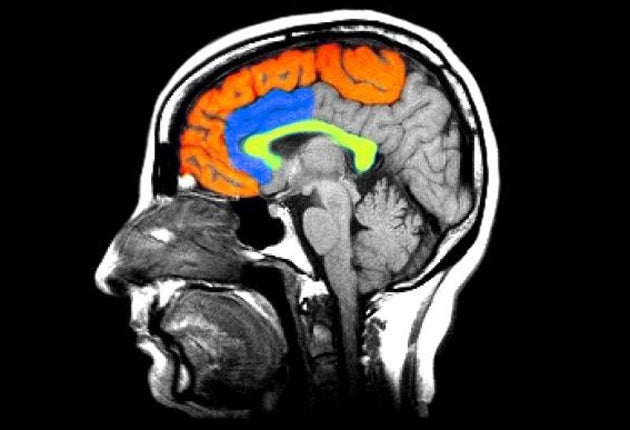We need to change the way we talk about schizophrenia
If we only ever talk about schizophrenia in the context of a violent murder, is it any surprise that the public think people with mental illness are dangerous?

Working for the press office at the charity Rethink Mental Illness, a big part of my job is to keep a close an eye on the how the media represents mental health. I speak to journalists every day about the stories they’re working on and it gives me a good insight into the issues they, and their readers, are most interested in.
While there is no doubt that have been huge steps forward in the way mental illness is discussed, there is one issue that still seems to dominate conversations about schizophrenia in particular – the perceived link with violence.
Thankfully we’ve largely moved on from the days of headlines about “bonkers Bruno” and “schizos”.
However, February and March this year were bleak months for media stories about mental illness. There was the terrible case of Nicola Edgington, who was found guilty of murdering Sally Hodkin in Bexleyheath. Shortly afterwards, a 16 year-old girl died after being stabbed on a bus in Birmingham by a man who was later sectioned.
And then there was the trial of Deyan Deyanov, a Bulgarian man with paranoid schizophrenia who murdered British woman Jennifer Mills-Westley in a Tenerife supermarket.
This was the subject of a Dispatches documentary last night, Murdered in Tenerife, which followed Mrs Mills-Westley’s family through Deyanov’s trial.
Naturally these cases attract intense media attention and there’s no reason why they shouldn’t. The public has a right to know how these incidents happened, and what can be done to prevent them happening again.
For me, the problem isn’t the fact that these cases get widespread media coverage. What worries me is that the only time we seem to talk about schizophrenia is in the context of violence.
If people only ever hear the term schizophrenia in crime reports, of course it’s going to distort public understanding of the illness. By only paying attention to schizophrenia in these circumstances, it reinforces the myth that people with severe mental illness are violent and dangerous.
The reality is that violent incidents involving people with schizophrenia are actually very rare. Research shows that the risk of someone with schizophrenia committing murder each year is 1 in 10,000. Ninety-five per cent of all violent crime is carried out by people who don’t have mental illness. In fact, people with conditions like schizophrenia are far more likely to be the victims of violent crime than the perpetrator.
That’s not to say that people with mental illness are never violent, nor to dismiss the pain and suffering endured by the victims and families of tragic incidents like the murder in Tenerife.
But the problem is that we never hear about the vast majority of people with schizophrenia who go about their lives without ever posing a threat to anyone. You might say, that’s how news works, we only hear about the things that go wrong. But there are plenty of things going wrong when it comes to the care and treatment of people with severe mental illness.
Everyday in my job I talk to people who have the condition but have nothing in common with the “dangerous schizophrenic” stereotype aside from their diagnosis.
Their stories illustrate the problems people with schizophrenia can face, such as getting access to good treatment, the often terrible side effects of antipsychotic medication and the awful state of some of our mental health hospitals.
Last year the Schizophrenia Commission, which was set up by Rethink, revealed catastrophic failings in the state of care for people with schizophrenia and psychosis.
It found that mental health wards are often such appalling places that they make patients worse rather than better. It also heard that only one in ten people with schizophrenia are offered potentially life-changing talking therapies. And while mental illness accounts for 23 per cent of disease in the UK, only 13 per cent of the NHS budget is dedicated to it. In short, care and treatment for people with schizophrenia is nowhere near good enough.
What we need is a much wider and more nuanced discussion of schizophrenia that does not exclusively centre on very rare, tragic cases. While there’s no doubt these cases should be reported, so too should the many other very real and serious issues facing some of the most vulnerable people in our society.

Join our commenting forum
Join thought-provoking conversations, follow other Independent readers and see their replies